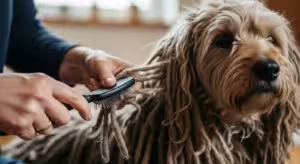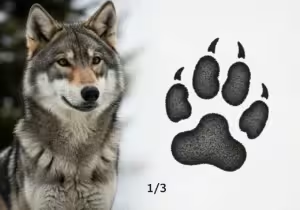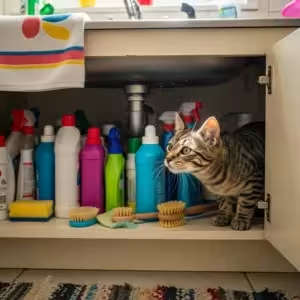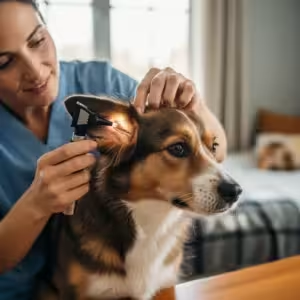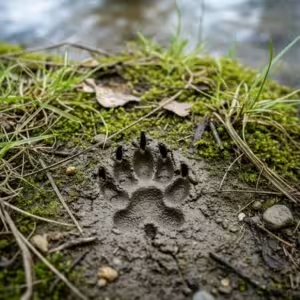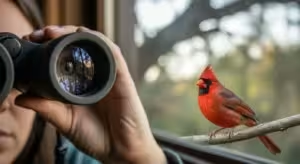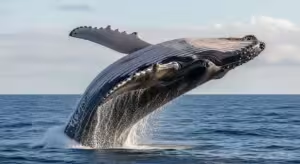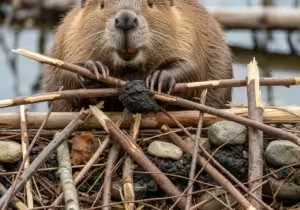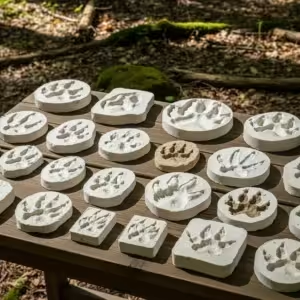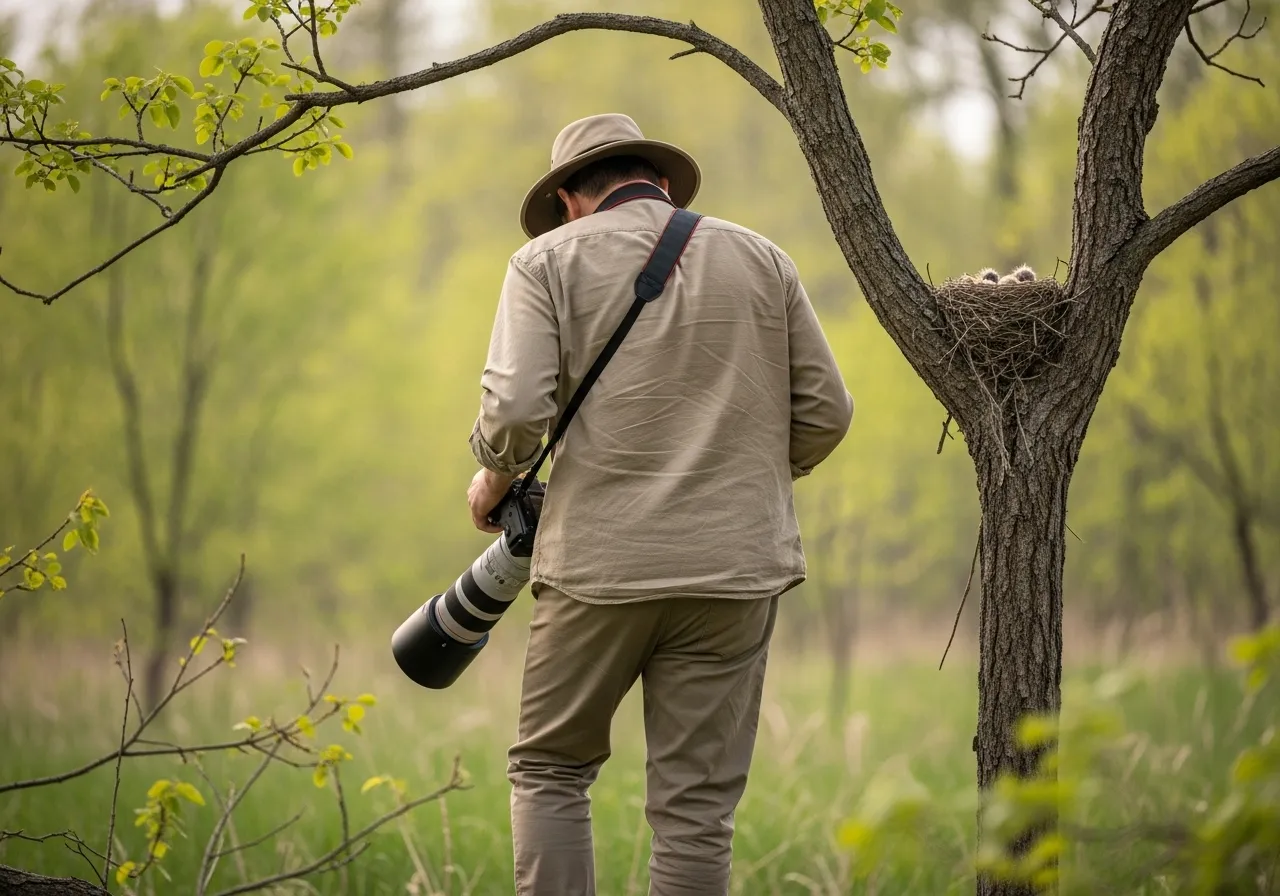
Responsible Birdwatching: A Code of Conduct
The foundation of all birdwatching and wildlife observation is respect. The well-being of the birds must always come before our desire to get a better look, a perfect photo, or another species on our list. Following a clear ethical code ensures that our hobby helps birds rather than harms them.
Keep Your Distance
Your binoculars and camera zoom lens are your tools for getting a close-up view, not your feet. If a bird changes its behavior because of your presence—if it stops feeding, looks alarmed, or starts making agitated calls—you are too close. Back away slowly and quietly. This is especially true for birds on a nest or with young. Forcing a bird to fly away from its nest, a practice known as “flushing,” can expose eggs or young to predators and extreme temperatures.
Respect Nests and Nesting Season
Finding a bird’s nest can be a thrilling discovery, but it comes with immense responsibility. It is illegal under the Migratory Bird Treaty Act to disturb the active nests of most native bird species. Never touch a nest, eggs, or young birds. Keep your observations brief and from a significant distance.
Furthermore, be extremely careful about sharing the location of nests, especially those of sensitive species like owls or hawks. Posting a precise location online can unintentionally lead predators or less ethical human observers to the site, endangering the nest. A good rule is to be vague about locations and enjoy the discovery privately.
Do Not Feed Human Food
While feeding appropriate birdseed can be a great way to attract birds, never offer them human food. Bread, crackers, chips, and other processed foods lack the necessary nutrients for birds and can cause serious health problems. Stick to high-quality birdseed, suet, or nectar specifically designed for birds.
Keep Pets Contained
Even the most well-fed domestic cat retains its hunting instinct. According to scientific studies, free-roaming domestic cats are a major source of mortality for birds and other small wildlife in the United States. To protect your backyard birds, the single most effective action you can take is to keep your cat indoors. Similarly, keep dogs leashed when walking in natural areas, especially during the nesting season when ground-nesting birds are vulnerable.
Leave No Trace
The principles of “Leave No Trace” apply as much to your local park as they do to a remote wilderness. Stay on designated trails to avoid trampling fragile habitat. Pack out everything you bring in, including trash. Leave natural objects like feathers, nests, and eggs where you find them. The goal is to observe the natural world without altering it.



